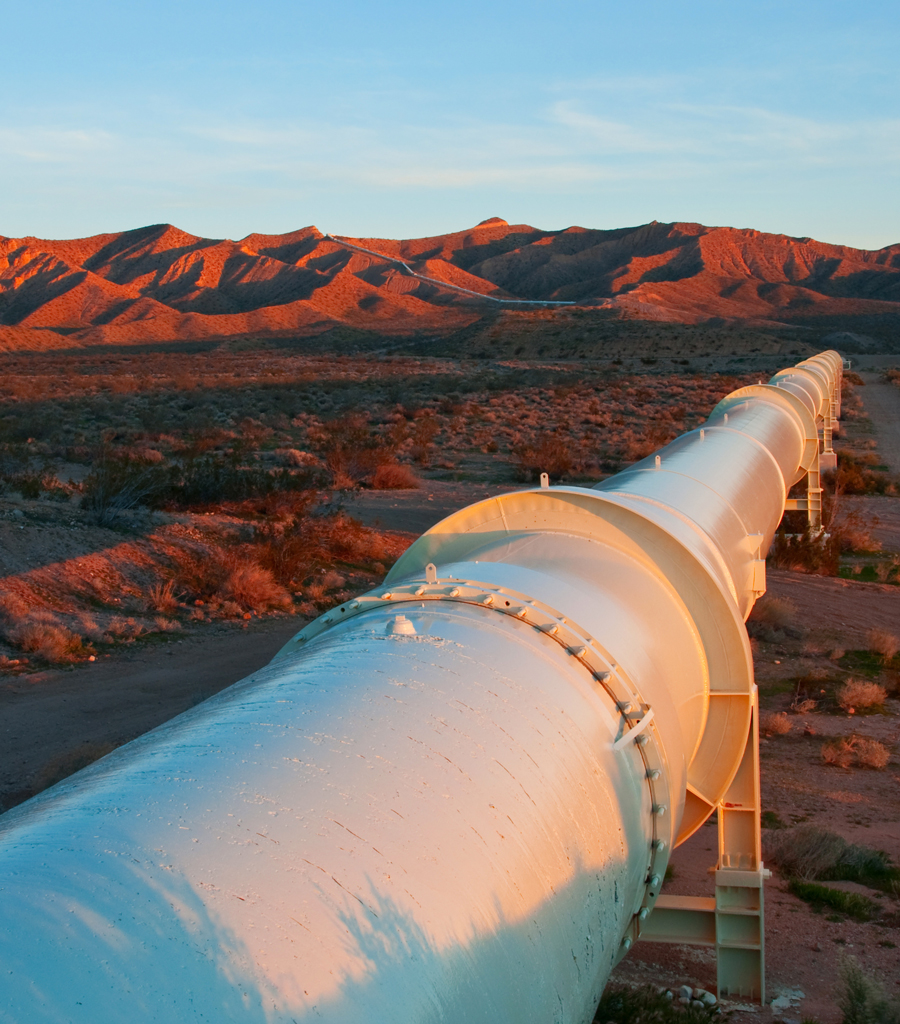Just a decade ago renewable energy was regarded as something of a luxury. Only a select group of wealthy, consuming nations were thought to be interested in subsidising intangible environmental goals.
To the chagrin of critics of clean energy, the big industrialising countries, led by China, India and Brazil, now also take renewables seriously. Together, they are expected to account for about half of all wind power capacity installed this year. More wind turbines are generating electricity in China than in any other country and in Brazil, wind energy competes alongside gas-fired generation on an equal footing. China, India and Brazil are motivated less by lofty environmental ideals and the threat of global warming than an urgent need for more domestic power supply.
This year an even more surprising group of countries, the major fossil fuel producers, has started to make a serious play for renewable energy.
Saudi Arabia and Russia are respectively the world’s largest oil producer and extractor of natural gas. These countries’ economies are built on supplying hydrocarbons to the rest of a seemingly addicted globe. With access to abundant buried energy resources, the case for renewables might seem tenuous in places which are not known for environmental rhetoric.
But last year Saudi Arabia announced ambitious plans for 54 GW of renewable energy to come online by 2032 – more than twice the entire capacity of the current electricity system in neighbouring Egypt.
The Russian government has been reported to have taken measures to secure 6 GW of renewable energy projects by 2020 with the first tenders expected later this year. In May, Dmitry Medvedev, the Russian Prime Minister, acknowledged this change in attitude to clean energy by citing progress elsewhere, stating that “We, of course, believe that renewable energy sources have a bright future.”
More than anywhere else, this new-found enthusiasm for clean energy is not driven by emissions reduction or the politics of energy security but rather by cold, hard economics and a desire not to be left behind in a changing world.
Selling oil and gas on the international market makes more sense than burning it in power stations at home. Add the realignment of global energy geopolitics in the wake of the North American shale gas boom and the ever more attractive economics of renewable energy and a compelling set of conditions begin to emerge.
What’s more, Russia and Saudi have the cash, the electricity demand and – thanks to progress made in Europe and elsewhere – access to the technology, to rapidly increase renewables’ share of their power generation. Far from going it alone, they are being joined in their pursuit of renewables by other so-called “petro-states” such as the UAE, Algeria, Qatar and even Iran.
Renewables’ distributed nature blurs the traditional dividing line between producer and consumer countries. As their growth continues, there will be profound implications for the way we look at the global energy scene.
It may yet be too soon to herald the end of conventional energy geopolitics, but it is clear that renewable energy can give cause for even the most jaded of cynics to revisit dearly held assumptions about power – of both kinds.




